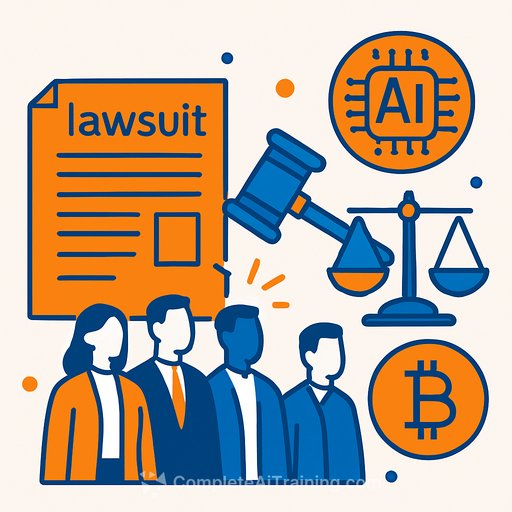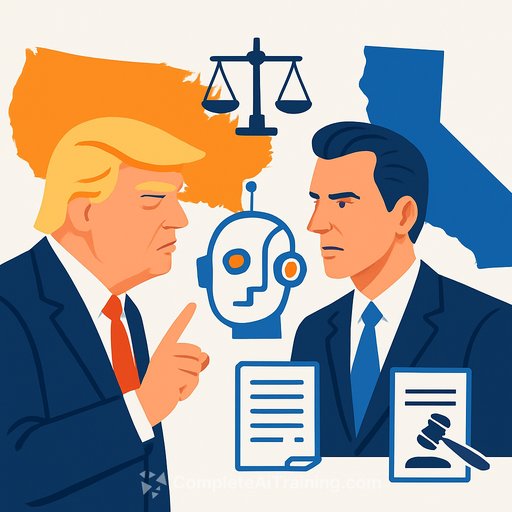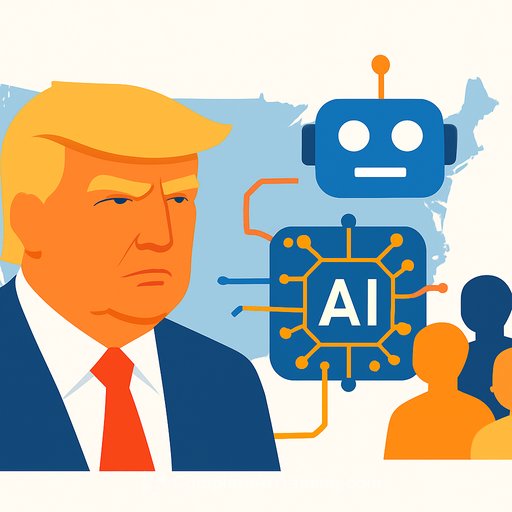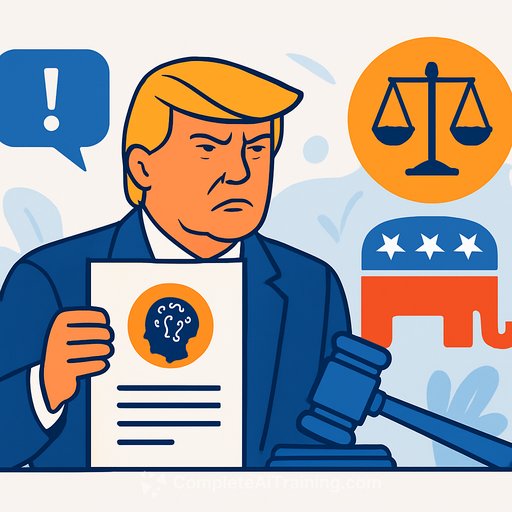Crypto and AI Class-Action Lawsuits Double in First Half of 2025
Investor-led class-action lawsuits targeting companies in the cryptocurrency and artificial intelligence sectors have surged sharply in 2025. In the first six months alone, 114 cases were filed, nearly matching the 115 cases from the second half of 2024. This increase reflects intensified legal scrutiny and growing investor dissatisfaction in these fast-moving industries.
AI and Crypto Lawsuits on the Rise
Data from Cornerstone Research shows AI-related lawsuits have already hit 12 in 2025, close to last year's total of 15. Crypto-related lawsuits stand at six this year, nearing the previous year's seven. Meanwhile, overall U.S. securities class-action filings have stayed relatively stable, highlighting the distinct growth in these two sectors.
Crypto Litigation Trends
The increase in crypto lawsuits persists despite a slowdown in federal regulatory enforcement under the current administration. Investors are turning to civil litigation to address alleged fraud, misrepresentation, or misconduct by crypto companies.
- Three of the six crypto cases in 2025 targeted crypto issuers.
- One lawsuit focused on a mining firm.
- Two involved companies with crypto-related partnerships.
Notable defendants include the creators of the controversial LIBRA memecoin and the Pump.fun platform, both facing lawsuits led by Burwick Law.
Law firms specializing in securities litigation, such as Pomerantz LLP and Glancy Prongay & Murray, are increasingly involved in digital asset cases. This signals broader industry recognition of the risks and challenges linked to crypto investments. Max Burwick, founder of Burwick Law, underlined the importance of civil litigation in holding companies accountable when regulations do not keep pace with technological advances.
AI Litigation Driven by “AI-Washing”
The rise in AI-related lawsuits is largely attributed to “AI-washing” — the practice of overstating or misleading investors about a company's AI capabilities. Many of the 12 AI lawsuits filed in 2025 allege deceptive disclosures or exaggerated claims concerning AI integration, performance, or future potential.
Stanford Law professor and former SEC Commissioner Joseph Grundfest identified AI-washing as a key factor fueling the recent surge in AI litigation.
What This Means for Legal Professionals
These growing legal challenges reflect a shift in investor expectations. Companies in high-growth tech sectors are being held to higher standards for transparency and ethical business practices.
The complexity of AI and crypto business models, combined with unclear regulatory guidelines, has made legal action a critical tool for investor protection. Firms operating in these areas should consider reassessing their compliance approaches, governance frameworks, and investor communications to reduce legal risks.
Legal professionals involved in securities and technology litigation will likely see increased opportunities—and challenges—in these sectors as litigation volumes continue rising.
For those interested in further AI education relevant to legal and compliance fields, resources such as Complete AI Training's latest AI courses offer practical insights into AI technologies and their implications.
Your membership also unlocks:






